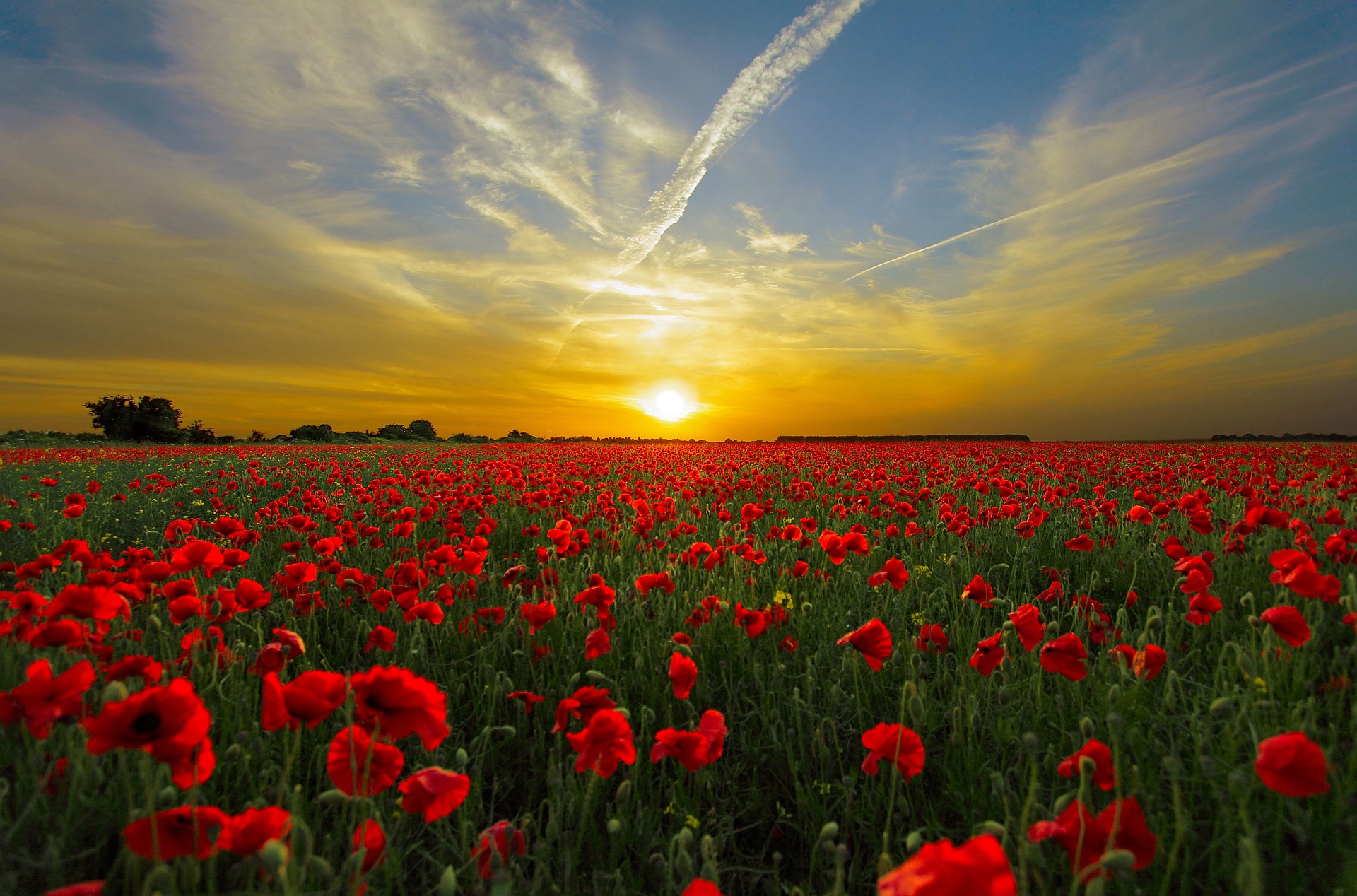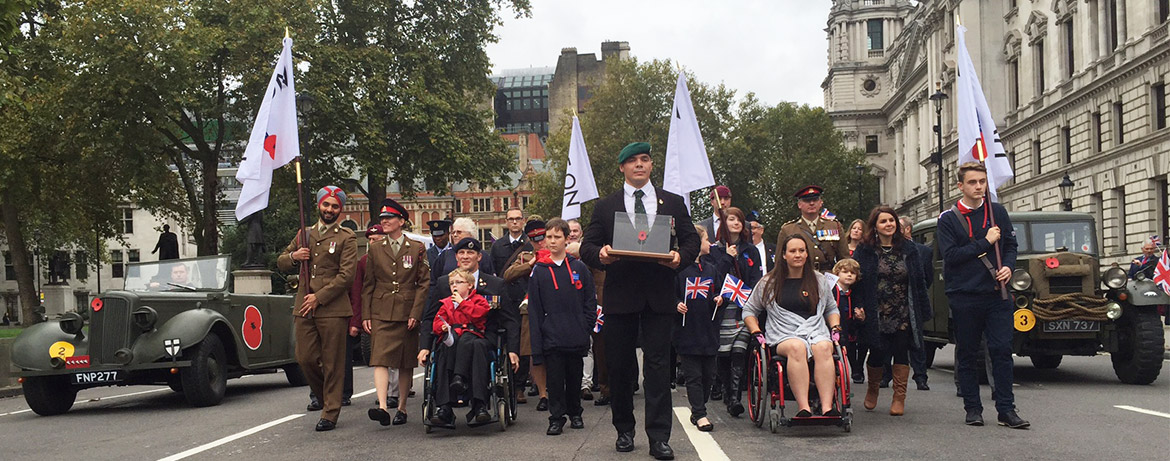
As Britain prepares for Remembrance Day on Sunday perhaps this is good time to reflect on what we can do to help armed and ex-service charities to continue their work.
At 11am on the 11th day of the 11th month each year, people all over Britain hold a two minute silence to mark the end of World War One in 1918. The 11th of November is known as Remembrance Day, or Armistice Day, and it was first recognised in 1919 by King George V who believed that the public should hold a moments silence to honour those that fought and lost their lives in the war.
In addition to Remembrance Day, most people also commemorate Remembrance Sunday, which is held on the Sunday nearest to the 11th. There is a main Remembrance Sunday service held at The Cenotaph monument in London each year. During the service the Queen lays a wreath on the base of the monument and war veterans march past as a mark of respect for their fallen comrades. The Cenotaph, which in Greek translates to empty tomb, was first constructed in 1919 as a temporary structure made of plaster and wood. Yet after the public showed an out pouring of love by covering the monument base with wreaths, it was decided that the structure would become permanent.
During the month of November it has also become customary to wear an artificial poppy on your clothes. The poppy is the official Remembrance symbol due to the Flanders poppy being one of the few flowers that continued to grow throughout the war-torn countryside in the First World War; they even inspired the famous poem In Flanders Field. The first poppy day was held in 1921 and, due to their popularity, factories were soon set up to manufacture artificial poppies throughout the year. This also provided employment for many disabled and ex-servicemen, who made up the majority of the workforce.

Members of the public are encouraged to purchase a poppy of their own as not only do the profits go to charity, but they also show respect and recognition to those that served our country. The Royal British Legion, a charity which supports both current and ex-service members and their families, are the current official producers of the poppies. Money raised through the poppy appeal will be used to help fund welfare work for armed forces families.
If you wish to support an armed forces or ex-services charity, visit our charity directory here.


